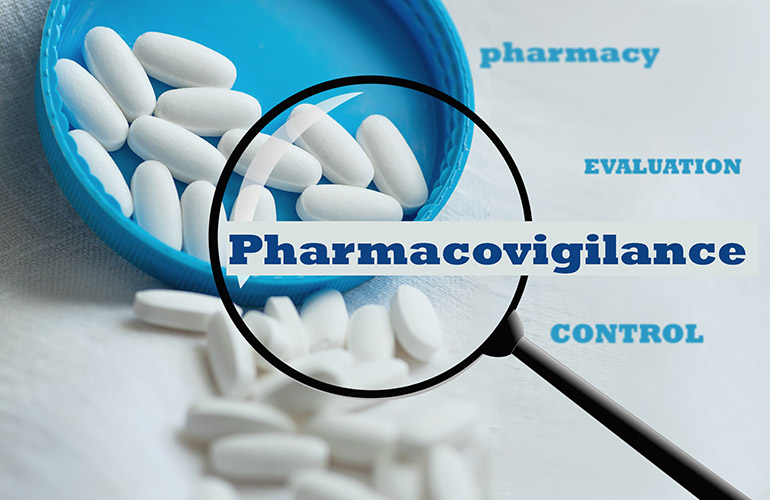Ever wondered what happens to medications after they hit the pharmacy shelves? They don't just magically become safe and effective! There's a whole team of specialists behind the scenes constantly monitoring these drugs to ensure they're doing more good than harm. This field is called pharmacovigilance, and it's a crucial part of keeping us all healthy.
Pharmacovigilance: The Guardians of Drug Safety
Think of pharmacovigilance as a detective agency for drugs. These detectives, called pharmacovigilance professionals, track down any potential side effects or risks associated with medications. They work closely with doctors, nurses, and patients to collect information on how drugs are actually working in the real world.
Why is Pharmacovigilance important? Because even the most thoroughly tested medications can have unexpected effects in some people. Pharmacovigilance helps identify these issues early on, allowing healthcare professionals to take action and ensure patient safety.
So, How Do You Become a Drug Safety Detective?
The world of pharmacovigilance is full of exciting opportunities! But before you grab your magnifying glass and detective hat, you'll need to build your expertise. This is where Pharmacovigilance Courses come in.
Benefits of Pharmacovigilance Courses:
These courses are designed to equip you with the knowledge and skills needed to excel in the field of drug safety. Here's how they can benefit you:
- Master the Fundamentals: Learn the core principles of pharmacovigilance, including drug safety regulations, reporting adverse events, and risk management strategies.
- Develop Practical Skills: Gain hands-on experience with pharmacovigilance tools and techniques used to collect, analyze, and report drug safety data.
- Stay Up-to-Date: The field of pharmacovigilance is constantly evolving. Pharmacovigilance courses ensure you're equipped with the latest knowledge and best practices.
- Career Advancement: A Pharmacovigilance Course can give you a competitive edge in the job market, opening doors to exciting careers in the pharmaceutical industry, regulatory agencies, or even research institutions.
What Topics Do Pharmacovigilance Courses Cover?
Here's a sneak peek at some of the interesting things you might learn in a pharmacovigilance course:
- Adverse Event Reporting: This involves understanding how to identify and report any negative side effects patients experience while taking a medication.
- Pharmacovigilance Regulations: Learn the different guidelines and regulations set by government agencies to ensure the safety of drugs.
- Clinical Trial Safety: Explore the role of pharmacovigilance in monitoring the safety of medications during clinical trials.
- Risk Management Strategies: Discover how to identify and manage potential risks associated with medications throughout their lifecycle.
Beyond the Classroom: Building Your Pharmacovigilance Expertise
Pharmacovigilance courses are a fantastic starting point, but remember, this field is all about continuous learning. Here are some additional ways to build your expertise:
- Stay Updated: Subscribe to industry publications and attend conferences to stay informed about the latest advancements in pharmacovigilance.
- Network with Professionals: Connect with other pharmacovigilance professionals through online forums or industry events.
- Consider Further Education: As you gain experience, you might want to explore additional certifications or postgraduate programs to specialize in a specific area of drug safety.
Join the Fight for Safer Medications!
Pharmacovigilance is a dynamic and rewarding field that plays a vital role in ensuring the safety and effectiveness of the medications we rely on. By enrolling in a pharmacovigilance course and continuously developing your skills, you can become a valuable asset in the fight for safer drugs. Remember, your dedication to drug safety can have a real impact on people's lives! So, are you ready to become a pharmacovigilance detective and help make the world a healthier place?
Click here to know Top-10 pharmacovigilance training institutes in India





Comments